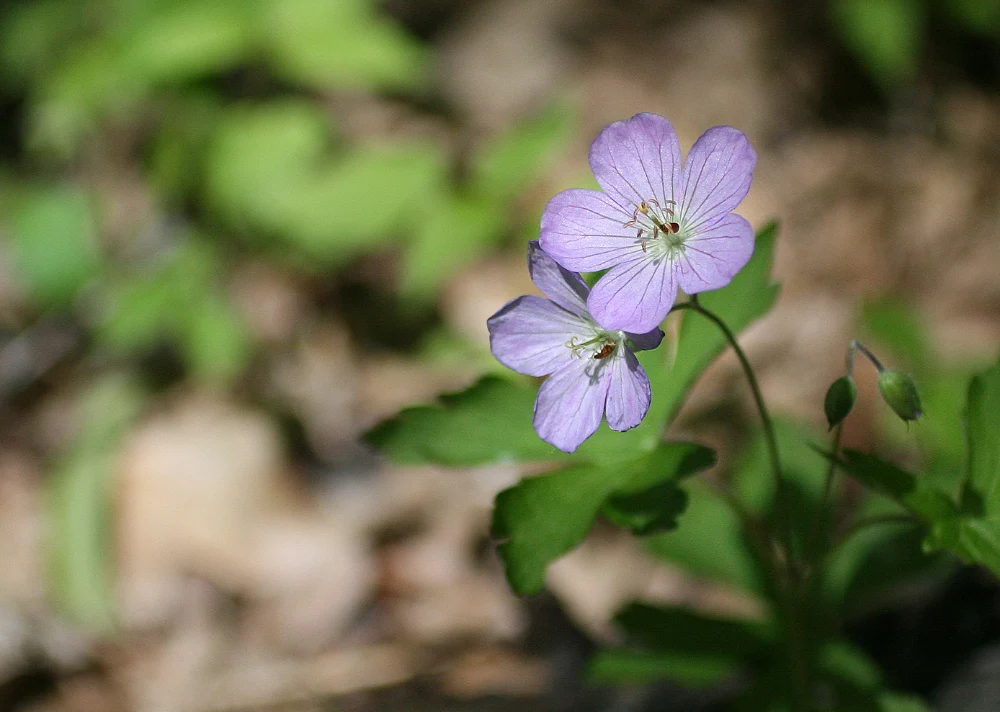When we moved into our new house, my wife and I decided to purchase a couple seed packs of flowers to put in a garden in the back yard. We chose to purchase native wildflowers; we thought they would have the greatest chance of surviving and the variety of seeds included promised to provide a lot of colors and shapes of blossoms. We were overwhelmed by the assortment when they bloomed in the spring, and marveled at how beautiful and unique each flower was.
What was potentially even more stunning to us was the classification of “weed” for most of what grew. What we saw as incredibly valuable was deemed by others to be a nuisance, a plant worthy of destruction. We could not fully understand how someone could see such a gorgeous assortment and classify them in such low esteem.
The realization that value could be so wide in its interpretation was on my mind as I considered my internal image of myself. From my youth I have worked to lessen my consideration of my own value, thinking it a virtue to self-deprecate. I have self-assigned my personal contributions to work assignments and relationships to be of such a minimal worth because I thought it would be prideful to believe or accept any other interpretation. I ignored the compliments of others. I dismissed the evaluations of my worth unless it was at least as bad as my own estimation. I thought I was being a better person by hating myself.
Yet as I considered my prized flowers that others would deem repulsive, I wondered if my self-perception could be incorrect. Could I be poisoning my life with such a crushing view of myself? Could I be assigning the status of “weed” to my life?
For years I have battled the dissonance of wanting to be successful, which would result in some level of notoriety, with the ingrained view that any level of fame is a potential moral failing because being noticed could inevitably lead to pride and destruction of self. I chose invisibility as the default: better to be the wallflower and be a “good person” than to be popular and turn out a monster. Yet I found no joy in being unknown, for anonymity seemed cursed with an impotence to improve the lives of others. I was no superhero with vast caches of money or super-human abilities to hide my identity while greatly impacting others; instead, I was just hiding in the shadows of my community.
How was this misery and near-constant depression anything but a wasted life? I was making little of the changes that I aimed to make as a young adult. I was severely dependent on a few friendships that I constantly chided myself for having and regularly believed to be a case of pity for a slug like me. I was regularly rejecting the value that others assigned to me, inadvertently insulting them by throwing away the compliments they sent to me was a poor judgement of my character. I was being frivolous with the gifts of friendships and community because I thought it better to deprive myself of their joys — even guilty for feeling any sense of happiness. What a mistake.
I now aim to see my life as I see my flowers: they are valuable just by existing, waiting to be seen by others who also see their worth. They will not be treasured by hiding their petals: they must take the risk of being harmed or misrepresented by boldly throwing open their blossoms and calling for the attention of the creatures who will love them. There is no virtue in hiding; there is no absolute moral good in being invisible.
The memories I hold closest to me are the ones where people noticed me and loved me. There was a measure of shame associated with enjoying those memories, because I felt that it was wrong to be loved — I was, after all, supposed to avoid such feelings lest I fall to pride and vanity. But how can I find value in other humans if the one human I know the most — myself — I hate with such passion?
I want to see myself, like a flower, as being worthy of love. I know that I am not going to be loved by all, just as a weed may be culled by some and kept by others, but I think that the goal of finding some who see your beauty is worth the pain of being undervalued by others. I think that if I can start seeing myself as valuable and accepting that others can feel the same, I will be far more capable of sharing that same kind of love to others.
If a simple flower can find the courage to be visible, why not I?
Further Reading
- I’m a Trans Man. I Didn’t Realize How Broken Men Are
- Nihilism for Men — @nononsensespirituality (TikTok)
- The Age 30 Crisis and Seasons of a Man’s Life
- Trophy Jobs
- What’s Wrong With Being Cool
- Death Is the Default
- Robert Frost: “The Road Not Taken”
- Barbie Has a Lot to Say About Men. But It’s Not Anti-Male.
- I wept for Ken: why men have the most to gain from watching Barbie
 David Hepworth
David Hepworth